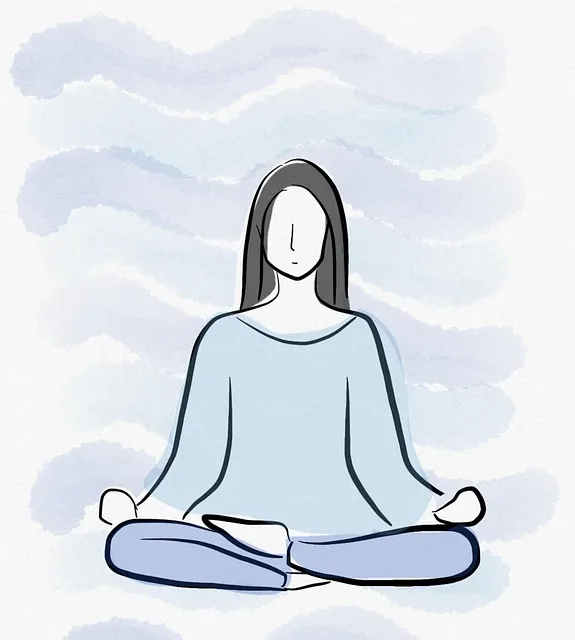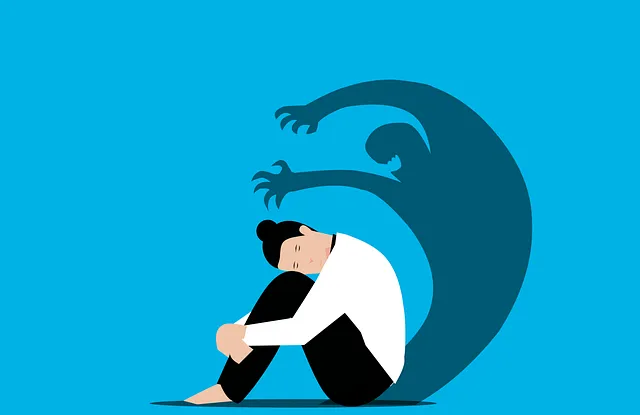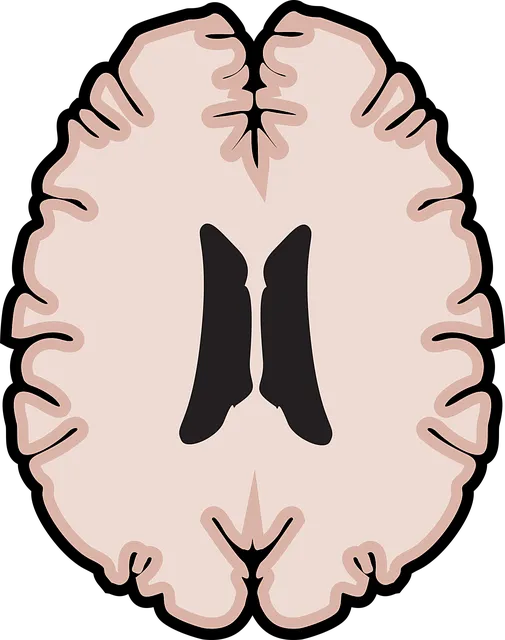Mental wellness journaling, supported by comprehensive Littleton Kaiser Permanente mental health coverage, is a powerful tool for self-discovery and personal growth. It helps individuals explore thoughts and emotions, track emotional states, and identify thinking patterns over time. Studies show it improves anxiety, depression, and stress symptoms. Creating a dedicated journaling space at home with calming items and Compassion Cultivation practices enhances the effectiveness of this cost-effective intervention, complementing traditional therapy or medication from Littleton Kaiser Permanente. Effective techniques include self-reflection questions, gratitude journaling, and conflict resolution exercises. Integrating daily journaling for 15-30 minutes fosters 'Mind Over Matter' principles, reduces anxiety, cultivates clarity, and enhances self-awareness.
Unwind your mind and explore the transformative power of mental wellness journaling. This article guides you through a personal journey, from understanding its fundamentals to uncovering the profound benefits backed by research. Discover how a dedicated journaling space can enhance self-reflection, and learn effective techniques to express your thoughts.
Expert insights from Littleton Kaiser Permanente Mental Health provide practical tips for integrating this practice into daily life, offering a holistic approach to well-being, accessible to all.
- Understanding Mental Wellness Journaling: A Personal Exploration
- Benefits of Journaling for Mental Health: What Research Says
- Setting Up Your Journaling Space: Creating a Sanctuary for Self-Reflection
- Effective Techniques and Prompts for Mental Wellness Journaling
- Integrating Journaling into Daily Life: Tips from Littleton Kaiser Permanente Mental Health Experts
Understanding Mental Wellness Journaling: A Personal Exploration

Mental wellness journaling is a powerful tool for self-discovery and personal growth, allowing individuals to explore their thoughts, emotions, and experiences in a safe, private space. This practice involves recording one’s feelings, memories, and reflections on a regular basis, often as a daily routine. By documenting mental health journeys, people can gain valuable insights into their emotional states, identify patterns of thinking, and track progress over time. It’s an act of self-care, fostering mindfulness and encouraging open communication with oneself.
For those seeking support, the Littleton Kaiser Permanente mental health coverage offers comprehensive services, including therapy, counseling, and access to specialized healthcare providers. Cultural competency training for healthcare professionals is a crucial aspect of this coverage, ensuring that individuals from diverse backgrounds receive attentive and understanding care. This approach aligns with the design of effective mental health education programs, promoting burnout prevention and fostering a supportive environment for exploring one’s mental wellness through journaling or other therapeutic practices.
Benefits of Journaling for Mental Health: What Research Says

Journaling has emerged as a powerful tool for enhancing mental wellness, backed by extensive research from institutions like Littleton Kaiser Permanente. Studies have consistently shown that this practice can significantly improve symptoms associated with anxiety, depression, and stress. By offering individuals a safe space to express their thoughts and emotions, journaling allows for increased self-awareness, which is crucial in managing mental health. It provides an opportunity for reflection, helping people make sense of their experiences and identify patterns in their mood and behaviors.
Additionally, the act of putting pen to paper (or fingers to keyboard) can serve as a form of mindfulness, encouraging a present-moment focus that detaches individuals from negative thought cycles. This simple yet profound practice has been highlighted in various research papers on mental health, emphasizing its potential as a cost-effective and accessible intervention alongside traditional therapy or medication, especially within the context of Littleton Kaiser Permanente’s mental health coverage and services.
Setting Up Your Journaling Space: Creating a Sanctuary for Self-Reflection

Setting up a dedicated journaling space can transform your mental wellness journey into a sanctuary for self-reflection. Find a quiet corner in your home where you feel comfortable and safe. This could be a cozy chair by a window or a small desk tucked away from bustling activity. Surround yourself with items that inspire calmness—a soft blanket, essential oils, candles, or even a view of nature. Creating an environment conducive to introspection allows for a deeper connection with your thoughts and emotions.
Consider incorporating elements from practices like Compassion Cultivation, as offered by Littleton Kaiser Permanente mental health coverage, to enhance your journaling experience. Starting each entry with a brief meditation or mindful breathing exercise can ground you in the present moment, fostering openness and receptiveness to whatever arises on the page. This practice aligns perfectly with the Mind Over Matter principles, encouraging you to cultivate self-compassion throughout your mental wellness podcast series production—a journey of self-discovery and growth.
Effective Techniques and Prompts for Mental Wellness Journaling

Effective techniques and prompts for Mental Wellness Journaling can significantly enhance your overall well-being, especially when combined with the comprehensive mental health coverage offered by Littleton Kaiser Permanente. Start by incorporating self-reflection questions into your journaling routine. Explore your emotions, thoughts, and behaviors through prompts like “What triggered my anxiety today?” or “How did I respond to a challenging situation?” This introspective practice helps identify patterns and triggers, facilitating better understanding of your mental state.
Additionally, practice gratitude journaling by listing things you appreciate daily. It could be as simple as enjoying a warm cup of tea or appreciating the beauty of nature. Research shows that acknowledging positive aspects can boost mood and reduce stress. Incorporate conflict resolution techniques through journaling exercises, such as writing about past disagreements and exploring alternative outcomes. This not only aids in processing difficult interactions but also serves as an effective stress reduction method.
Integrating Journaling into Daily Life: Tips from Littleton Kaiser Permanente Mental Health Experts

Integrating journaling into your daily routine can be a powerful tool for enhancing mental wellness, as recommended by the Littleton Kaiser Permanente Mental Health experts. They emphasize that consistency is key; setting aside just 15-30 minutes each day to write can make a significant difference in cultivating Mind Over Matter principles and fostering Compassion Cultivation Practices.
These professionals suggest starting with a clear intent—whether it’s to explore emotions, track progress toward goals, or simply reflect on the day. They encourage individuals to embrace open-ended questions and free writing, allowing thoughts to flow without judgment. By offloading worries and ruminations onto paper, one can effectively reduce anxiety relief and create space for clarity and self-awareness.
Mental wellness journaling is a powerful tool, backed by research and endorsed by experts like Littleton Kaiser Permanente mental health professionals, offering numerous benefits for your overall well-being. By creating a dedicated journaling space and employing effective techniques, you can integrate this practice into your daily routine, fostering self-reflection and promoting mental health. So, why wait? Start journaling today and experience the positive impact on your mind and life.






